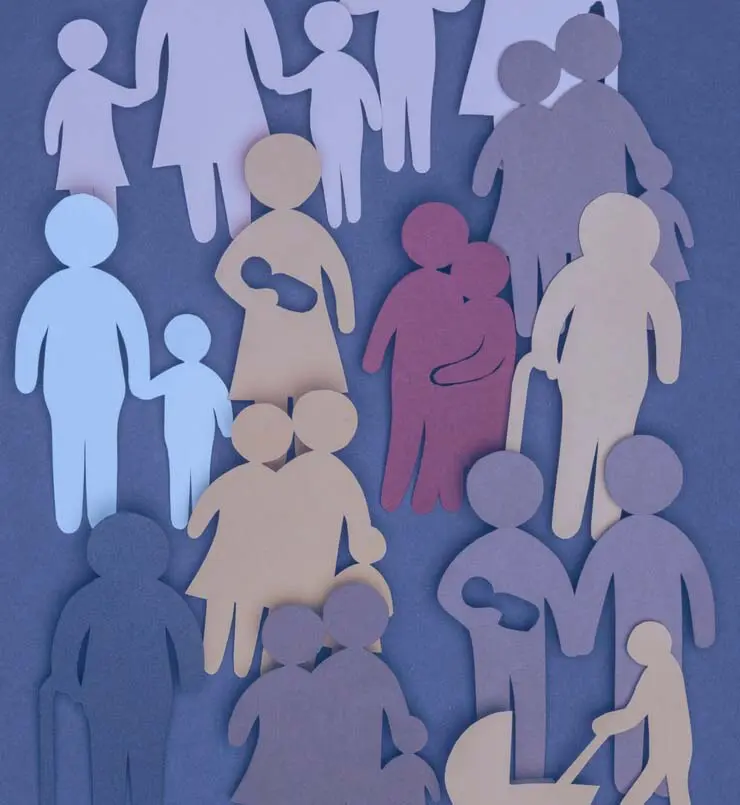Clinicians

Unknown family history
People may not have access to their family history information for many reasons, including adoption, immigration, estrangement, or small families. However, there are ways to be proactive about health even without a complete family history.
Talk to family
Identifying cancer in a family tree can be a good indicator of health risks.
Genetic testing
Genetic testing, which is widely available through ancestry search sites and other sources, can link people to relatives and reveal health issues.
Genetic counseling
Knowing family history can help determine if someone should speak with a genetic counselor.
Health assessments
Ongoing health assessments and screening can help people be proactive about their health.
